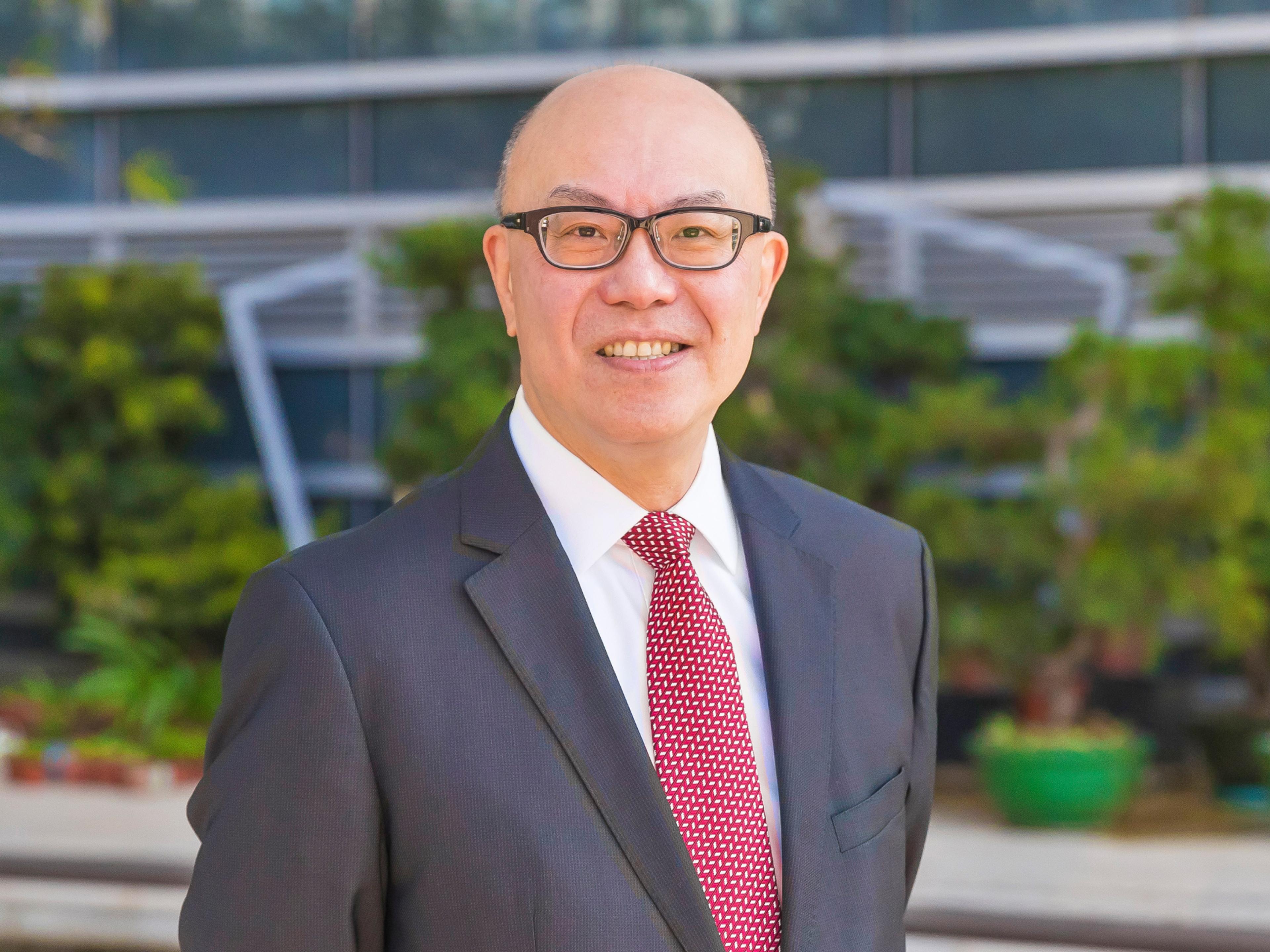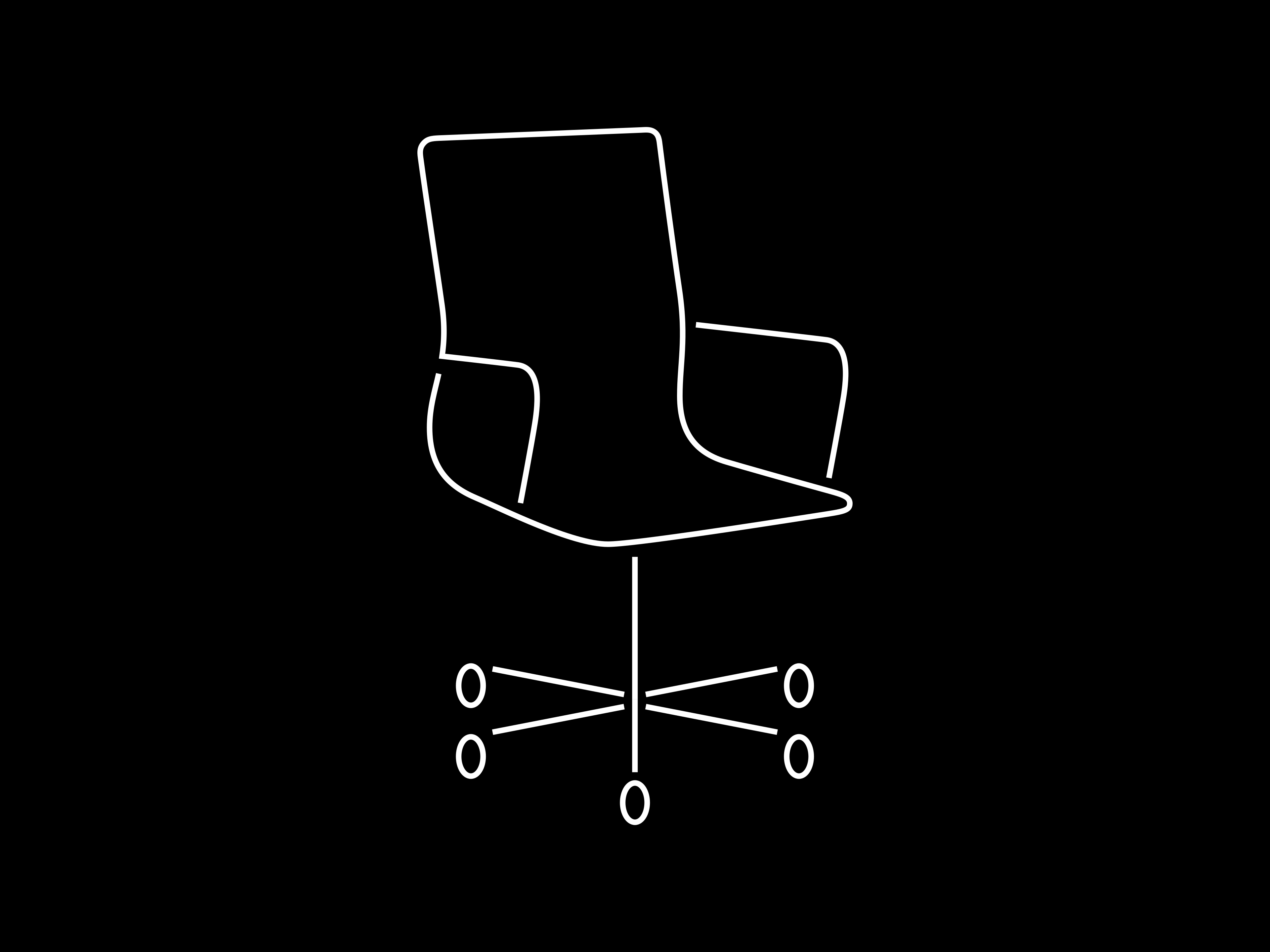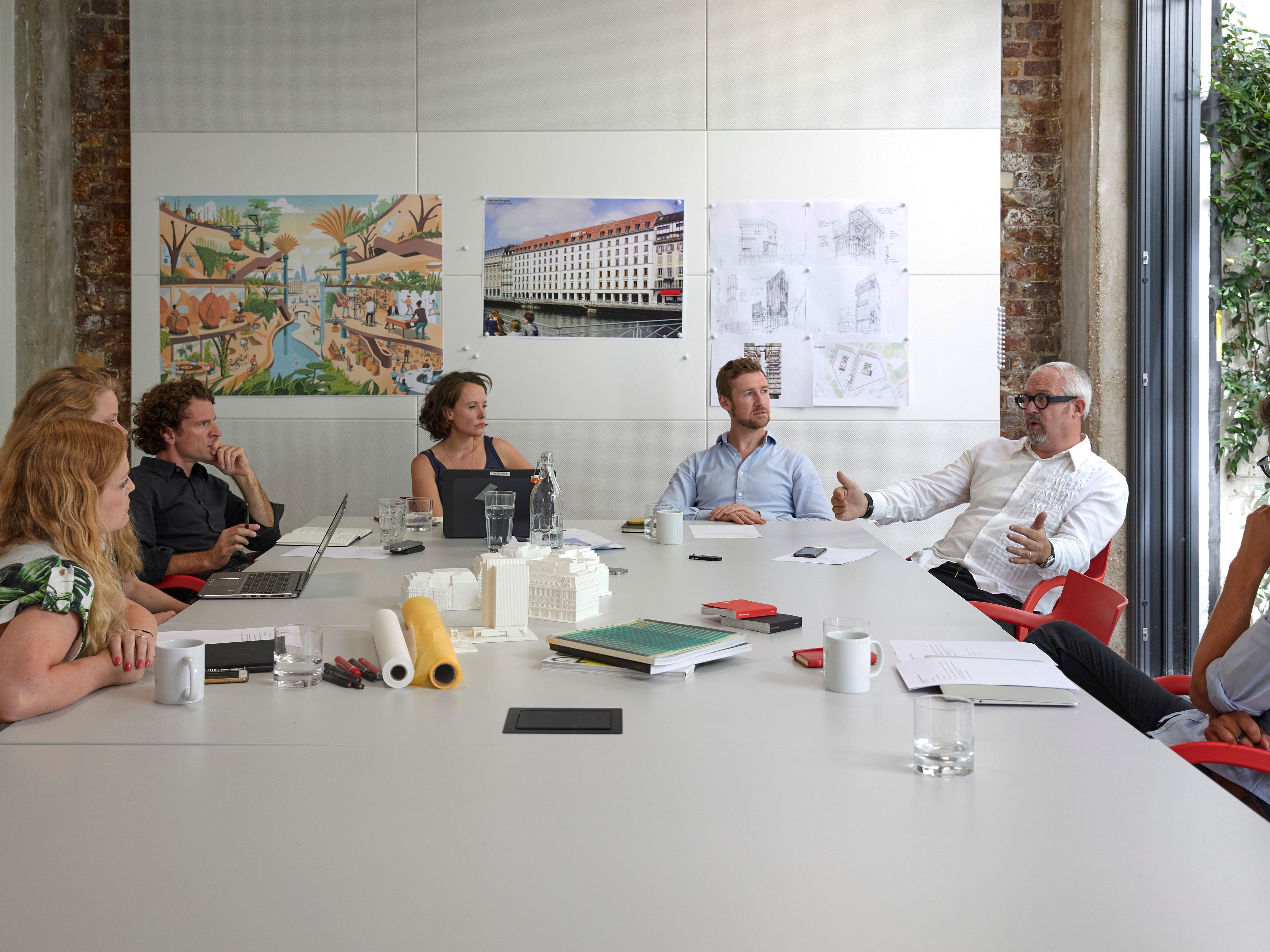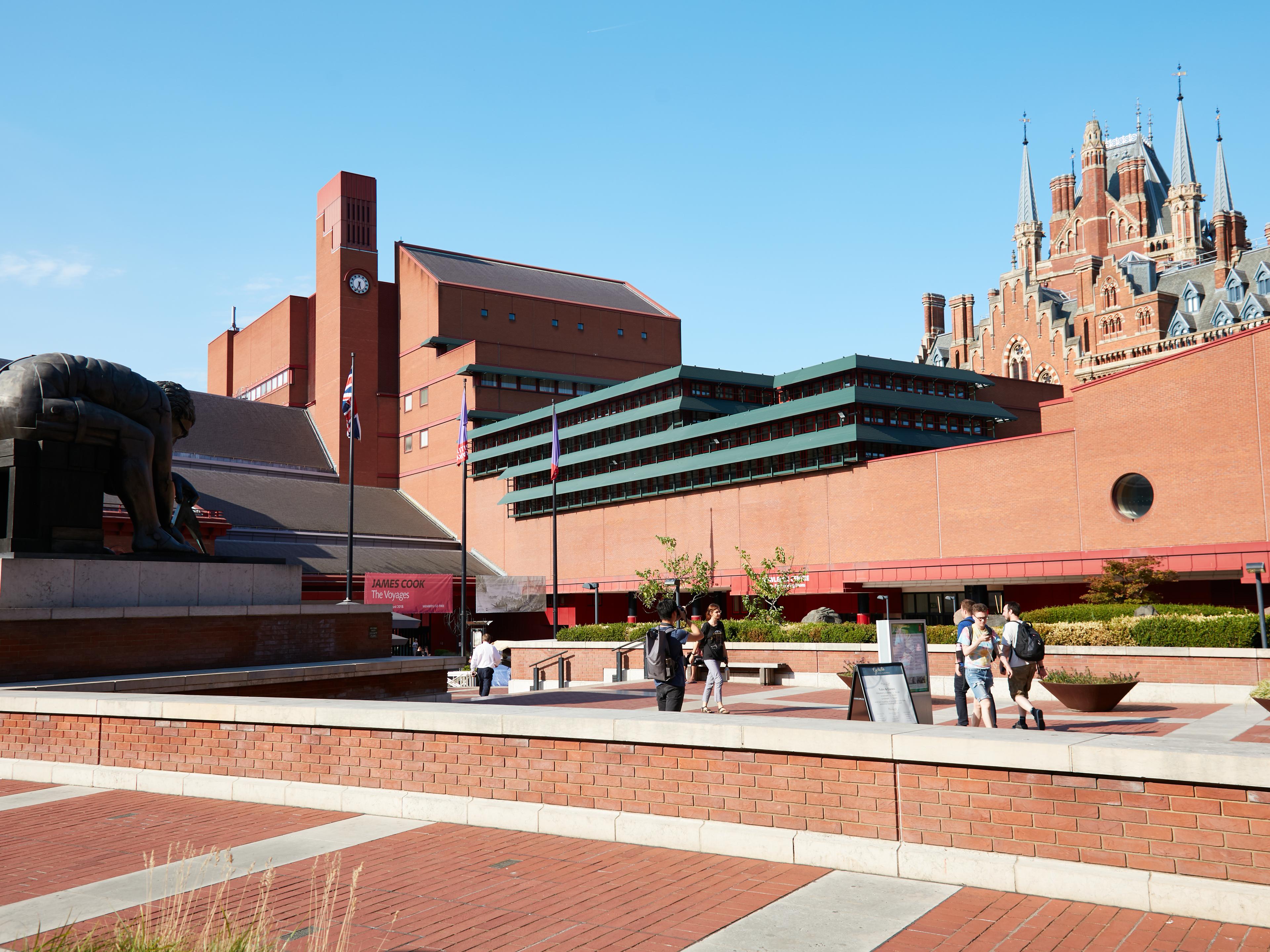Interview with Donald Choi, CEO, Chinachem Group

“In Hong Kong we are seeing a lot of changes with how work and life are merging together.”
Jack Sallabank: How has office design changed in Hong Kong?
Donald Choi: We have seen a lot of change in office design. Office is no longer about just being a corporate office; it is now about catering for a work-life balance. Even in more traditional sectors such as banking, we are now seeing a more entrepreneurial mindset, with companies recruiting for an innovative and creative workforce. That all translates into an environment that is less uniform and less corporate.
JS: Are there any trends that you think are specific to Hong Kong?
DC: In Hong Kong the workplace is very much mixed in with the daily life of the community. It’s not only about working in an office but how that office is integrated into the public realm around it. For example, meetings are not just in the meeting rooms; we hold a lot of walking meetings and out-of-office meetings in a more informal setting. In Hong Kong we are seeing a lot of changes with how work and life are merging together.
JS: You deliver office, hotels and residential developments – does that make it easier for you to respond to these changes?
DC: I think it does. We have a lot of insight into the consumer behaviour of the community.
JS: Are we getting better at designing offices for people?
DC: Consultants are studying a lot of data around the workplace environment, and this isn’t just related to the layout of space. They are looking at colour, air, sunlight etc. These factors all become part of the design language, which is an important part of creating wellness and people-centric design.
JS: What can other cities learn from workplace design in Hong Kong?
DC: I think we have something to offer in terms of efficiency and how we manage to develop in a very compact city. Hong Kong also has a very resilient workplace, with innovative flexibility that facilitates collaboration.
JS: What can Hong Kong learn from other cities?
DC: We don’t have the green spaces that you do in London, so we can do more to bring green into our city.
JS: What will we see in the next ten years of workplace design?
DC: We will continue to see the blurring of boundaries between office, living, leisure and entertainment. Also I think in the future, because of technology, location will become less important in the traditional sense.
Authors
Donald Choi is the CEO of Hong Kong-based developer Chinachem Group. Donald has over 30 years of real estate development and investment experience in North America, Asia and China on a variety of project types, including offices, shopping malls, hotels and residential. Donald was Director of Foster + Partners and the Authorised Person Architect for the Hong Kong International Airport. The airport was named one of the Top Ten Construction Projects in the World and has won numerous awards, including Best Airport in the World since opening in 1998.
Publication
This article featured in Exchange Issue No. 1, which explores the future of the workplace sector with architectural discussions, developer interviews, industry expert essays, design case studies and more.
Read more

